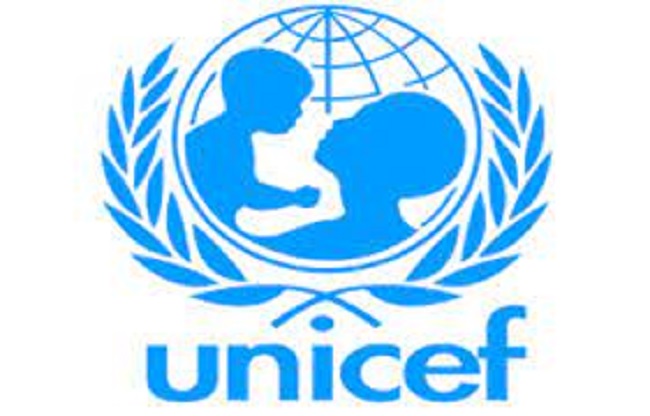THE United Nations Children’s Fund (UNICEF) has advocated for the support of all Nigerians for the ongoing vaccination of girls between the ages of 8 and 14 with the Human Papillomavirus (HPV) to stem future cases of cervical cancer in Nigeria.
Speaking during a two-day media dialogue workshop tagged “Combating the most preventable form of deadly cancer affecting women and girls, a Health Specialist with UNICEF, Dr Ijeoma Agbo, declared that the HPV vaccine remains a crucial preventive step in reducing the possibility of girls and women dying from cervical cancer, the second most common cancer in women in Nigeria.
Dr Agbo stated that HPV is the most common viral infection of the reproductive tract and caused more than 95 per cent of cases of cervical cancer.
According to Dr Agbo, an estimated 604,000 new cases of cervical cancer and 342,000 deaths from this cancer occurred globally in 2020, with 12,075 cases and 7968 deaths recorded in Nigeria.
She said: “HPV can also cause a range of conditions in men and women, including other types of anogenital cancer (vagina, vulva, anus, penis), head and neck cancers, and genital warts. It accounts for 29.5% of infection-related cancers globally and greater than half of all reported infection-attributable cancers in women.
“This high burden of cervical cancer is attributed to several factors, including poor access to HPV vaccination services, poor screening and treatment services, low awareness, and inadequate access to healthcare, especially in rural areas.”
The Immunisation Programme Coordinator, Lagos State Primary Health Care Board (PHCB), Dr. Adetola Akinpelu, declared in an update on HPV vaccination in Lagos State that the state was targeting 80 percent vaccination of girls between nine and 14 years old by December 2024.
According to him, “so for Lagos State, our target was 1,062,427 girls. These were the girls that fell within the age bracket of 9 years to 14 years. As of today, we have been able to vaccinate 478,528 girls with the HPV vaccine.
“We would assume that being educated would be a factor that would increase the uptake. But we could see that the Etiosa local government performed the lowest. And we would say that ETIOSA is probably the most elitist local government in the state.
“Out of the over 460,000 girls that were vaccinated, we had only 116 reports of reactions. And out of all these, only one was a serious case that required the girl to spend two days in the hospital, but she had been discharged, and she’s fine.”
The UNICEF Communication Officer, Blessing Ejiofor, said that efforts must be geared towards increased awareness, particularly at the grassroots, to promote the benefits of HPV vaccination and dispel myths and misconceptions surrounding it.
In his remarks, Mr Muhammad Okorie, Programme Manager, UNICEF, highlighted that the media dialogue was an opportunity to sensitise the public about the advantages of proven global interventions in the prevention of HPV through vaccination.
Okorie said it was also an opportunity to reach more people through the media and dissuade their minds about any misgivings about the vaccine, and she called for more synergy to make the vaccination programme successful.
Read Also: Cervical Cancer: Ekiti govt begins HPV vaccination May 27
